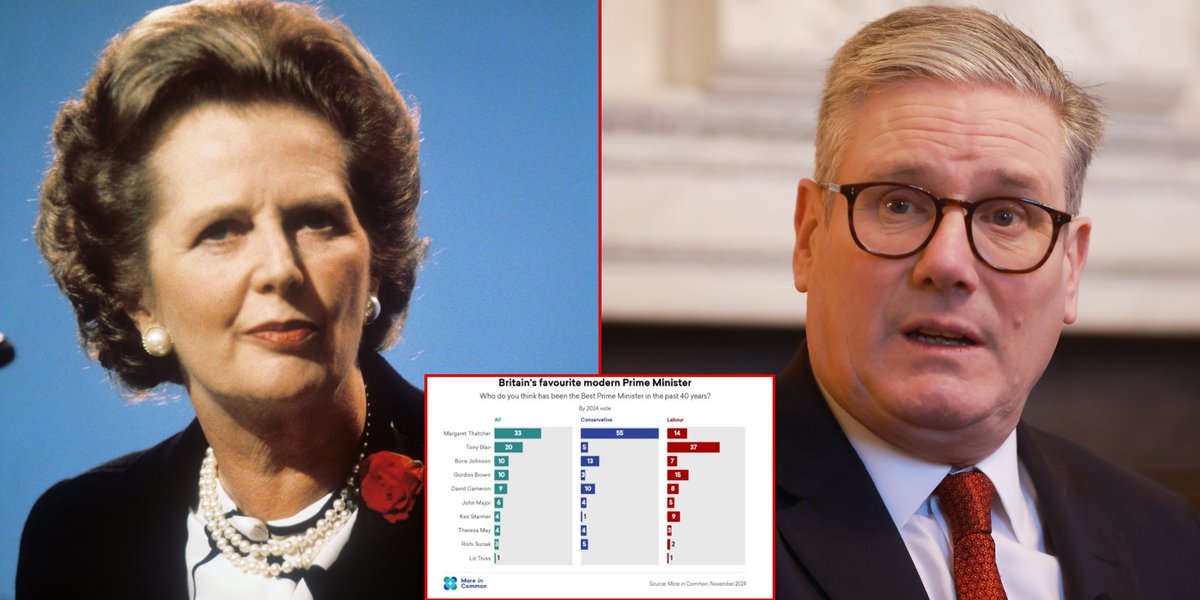 Vilnius, Lithuania.
Julia Karnavusha / unsplash
Vilnius, Lithuania.
Julia Karnavusha / unsplash
Lithuanian prosecutors said Monday the Baltic state had arrested a member of the opposition Conservative party this year on charges of spying for Russia.
The EU and NATO member state of 2.8 million people is one of Ukraine's staunchest supporters, and fears it could be in Russia's crosshairs next if Moscow were to win its war against Kyiv.
The suspect, a dual Lithuanian and Russian citizen, was deported as a toddler to Russia with his parents in the 1940s during Lithuania's Soviet occupation.
“He has dual citizenship of Lithuania and Russia, belongs to Lithuanian Christian Democrats and the Union of Lithuanian exiles and political prisoners,” Arturas Urbelis, from the prosecutor general's office, told reporters.
Urbelis said the man was suspected of gathering information for Russia’s GRU intelligence agency beginning in 2018. He collected information about Lithuanian political parties and defense capabilities, as well as the people deported to Russia under Soviet occupation.
“The information collected was not classified but it was significant and in the interest of Russia,” Lithuanian deputy chief of intelligence Remigijus Bridikis told journalists.
Urbelis said the suspect and Russian intelligence operatives had used specialized radios to transmit information via encrypted radio waves.
Authorities refused to reveal the suspect's identity but two sources speaking on condition of anonymity told AFP it was 82-year-old Eduardas Manovas.
They said he returned to Lithuania in 1997 — a few years after it regained independence — and lived in the northern city of Siauliai.
The chairman of the conservative party told reporters they had asked officials to confirm that Manovas was under criminal investigation, in which case the party would expel him.
A Message from The Moscow Times:
Dear readers,
We are facing unprecedented challenges. Russia's Prosecutor General's Office has designated The Moscow Times as an "undesirable" organization, criminalizing our work and putting our staff at risk of prosecution. This follows our earlier unjust labeling as a "foreign agent."
These actions are direct attempts to silence independent journalism in Russia. The authorities claim our work "discredits the decisions of the Russian leadership." We see things differently: we strive to provide accurate, unbiased reporting on Russia.
We, the journalists of The Moscow Times, refuse to be silenced. But to continue our work, we need your help.
Your support, no matter how small, makes a world of difference. If you can, please support us monthly starting from just $2. It's quick to set up, and every contribution makes a significant impact.
By supporting The Moscow Times, you're defending open, independent journalism in the face of repression. Thank you for standing with us.
Continue
![]()
Not ready to support today?
Remind me later.

 By The Moscow Times | Created at 2024-12-09 16:20:26 | Updated at 2024-12-15 13:21:53
5 days ago
By The Moscow Times | Created at 2024-12-09 16:20:26 | Updated at 2024-12-15 13:21:53
5 days ago







